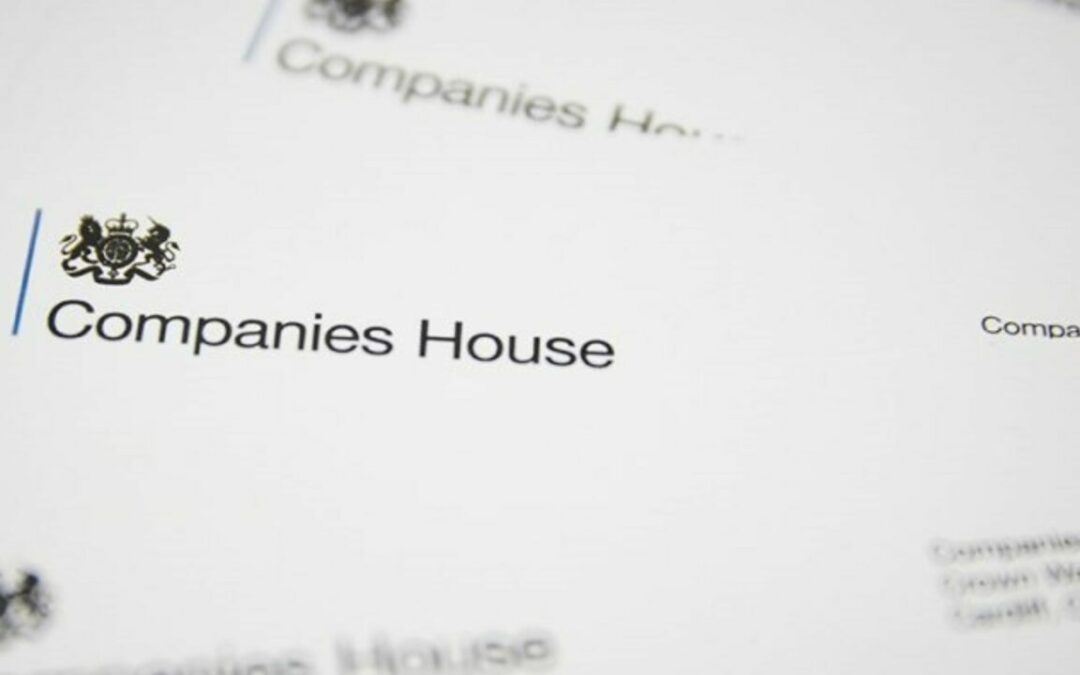On Friday, Sir Keir Starmer assumed his new role as Prime Minister following Labour’s victory in the 2024 general election. With Labour now in power, what changes can we expect regarding tax policy, and when will these changes take effect?
Rachel Reeves, the UK’s first female Chancellor, is set to present a budget in 10 weeks. We can anticipate the introduction of key manifesto promises, including:
- VAT and business rates applied to private schools
- Closure of non-domicile tax loopholes
- Increased stamp duties for non-UK residents buying residential properties
- Ending of offshore trusts
- Closure of the ‘carried interest’ loophole for private equity bosses
The Labour Party has also committed to no increases in National Insurance (NI), VAT, or income tax. However, capital gains tax might see changes, and there remains uncertainty over pension tax relief.
While these tax hikes are aimed at the wealthy, there are concerns among working people about potential across-the-board tax increases.
For business owners, there is some relief in Labour’s pledge to cap corporation tax at 25% for the next five years. Additionally, Labour promises to provide more clarity regarding business rates and investments, allowing for better financial planning and decision-making for the future.
Since laws can only be passed in MPs’ first Finance Bill, it seems unlikely that we will see any changes this year, with implementation likely towards the end of 2025.
As Sir Keir Starmer and his party begin their first week in power, it is difficult to predict how their pledges will unfold and be implemented. However, over time, we will gain a clearer picture of how any tax changes will affect the people of the UK. In the meantime, we can only hope that the new government will work to improve the UK and support its citizens.






